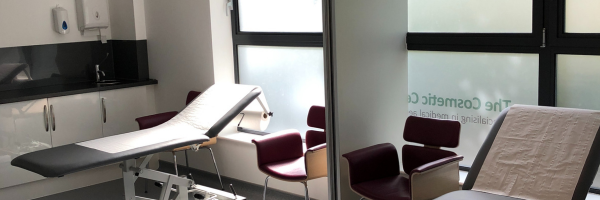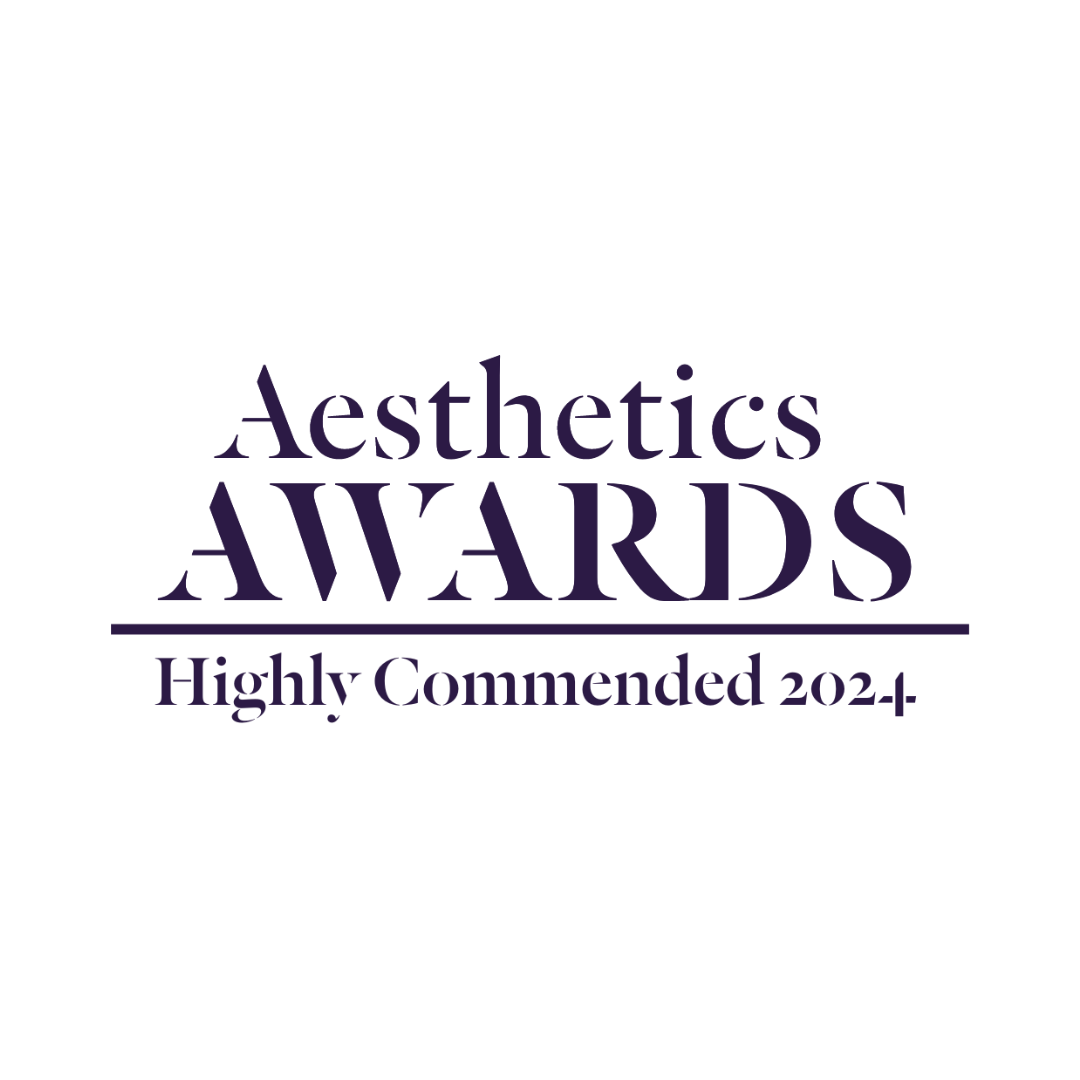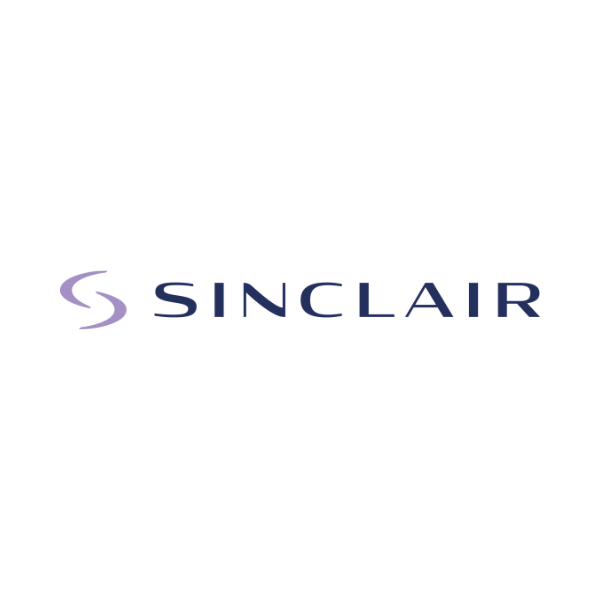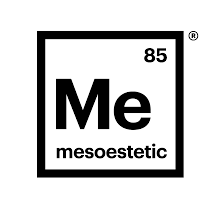The JCCP has recently released updates on their website regarding the new licensing system and the government. The first update we will highlight is the need for a new licensing system.
Survey underlines need for new licensing system
According to an analysis conducted by researchers at University College London (UCL), almost one in four cosmetic practitioners administering injections such as Botox are NOT qualified clinicians.
Another study, published in the Journal of Plastic, Reconstructive & Aesthetic Surgery, evaluated 3,000 websites to identify 1,224 independent clinics and 3,667 practitioners who were delivering cosmetic injections and discovered that 32% were doctors, 13% were nurses, 24% were dentists and 8% were dental nurses, leaving 23% (almost one in four) with no formal medical qualifications.
The UK injectables market has seen rapid growth over the past years and it is predicted to reach a value of £11.7 billion by 2026.
Dr David Zargaran, an author of the study, said: “One of the key challenges facing the government’s licensing scheme is to ensure that practitioners granted a license possess the skills and experience required to safely administer their treatment to minimise risks to patients.”
Ensuring patient safety is key. The new licensing system will benefit patients massively and minimise the risk of complications. Once the new licensing system is underway, we should start to see the number of aesthetic practitioners with no formal medical qualifications decrease.
You can read the full statement on the survey which underlines the need for a new licensing system by clicking here.
The next update released from the JCCP is from the UK Government committing to public consultation.
Government commits to public consultation
The government confirmed that it intends to publish a public consultation on a licensing scheme for non-surgical cosmetic procedures later this summer.
Maria Caulfield, the Parliamentary Under Secretary of State for Women, said the government will also work with interested organisations to determine the education and training requirements that practitioners will have to meet, alongside hygiene, cleanliness, and insurance requirements, to demonstrate they can practice safely.
The new licensing regime will create a safer industry and bring a consistent standard that everyone must meet to perform non-surgical aesthetic treatments. It will also safeguard patients that have cosmetic treatments and reduce the chances of complications.
This is a major step in bringing regulation into the aesthetics industry.
You can read the full statement on the government commits to public consultation by clicking here.
If you are looking for the latest information on the government updates and regulation coming to the aesthetics industry, you can find the latest updates in the Government Guidelines Knowledge Hub.











